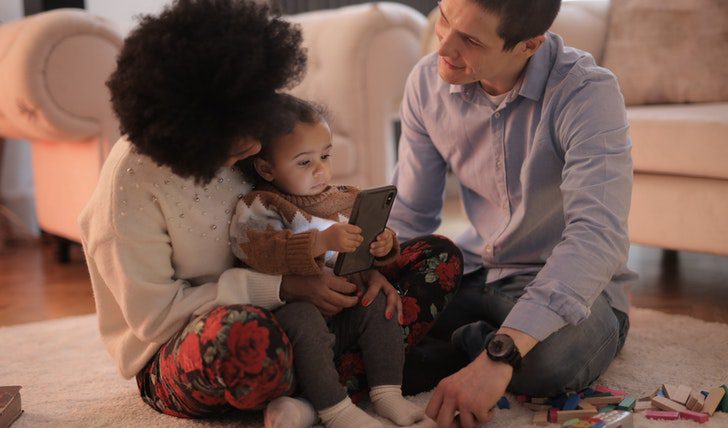Parents need to understand their responsibility for making their kids financially literate. Given the fact that your kids can not rely on schools for financial literacy, parents have to take the matter into their own hands. Arguably, no primary and secondary school in America teaches students personal finances. Thus, family and household should serve as the fundamental alumni to make kids financially literate. Be it with understanding the nature of money, how to earn and save it, or long-term plans like investment and retirement, children should be trained from an early age.

Love Parenting / In most families, talking to children about money is considered taboo.
It is the psychology of human beings to be inclined toward the things that have acquainted from an early age. So, talking about money with your kids should not be taboo. Rather, it should be a topic of discussion. So that, as the kids grow up they will have at least a basic understanding of money. After all, money is the most essential part of life. Like it or not, it defines the quality of your life and overall lifestyle.
Similarly, it applies to your kids. Unless they are not taught the basics of money at home, they are not likely to learn it in educational institutes in their later life.
Essential as it is, parents need to be mindful in teaching their kids about finances. Meaning that they should not ‘misguide’ their kids or make them money-centric. Remember, you do not have to be a financial expert to train your kids about money.

Yan / Pexels / No primary and secondary school teaches personal finance. The parents have to take the matter into their own hands.
Start As Early Possible
An ideal place to kick off financially training kids is as early as possible. As your kids are no more toddlers, start having a conversation about money. A simple way to get started could be to have communications about money with your spouse. As passive learners, your kids will listen to the money talks that you have with your spouse. In turn, they will be curious to know about it.

Andrea / Pexels / If your kids understand how hard it is to earn money, they will develop a sense of curiosity to know more about it.
For example, if you and your spouse talk about your current salary and expenses, you also calculate how you can save for emergencies. Likewise, along with your spouse, you count money and calculate all the ins and outs. Consequently, your kids will see that. They will imbed the mechanism of money. Similarly, they will understand how serious money is and how hard it is to earn it.
So, at the beginning stage, start earlier and make your kids passive learners. Do not teach them directly. Rather, make them feel the essentiality of money through your actions and conversations with your spouse.







